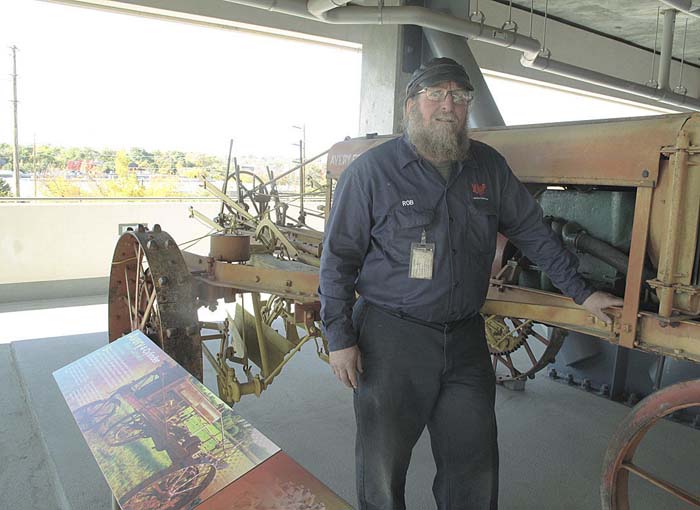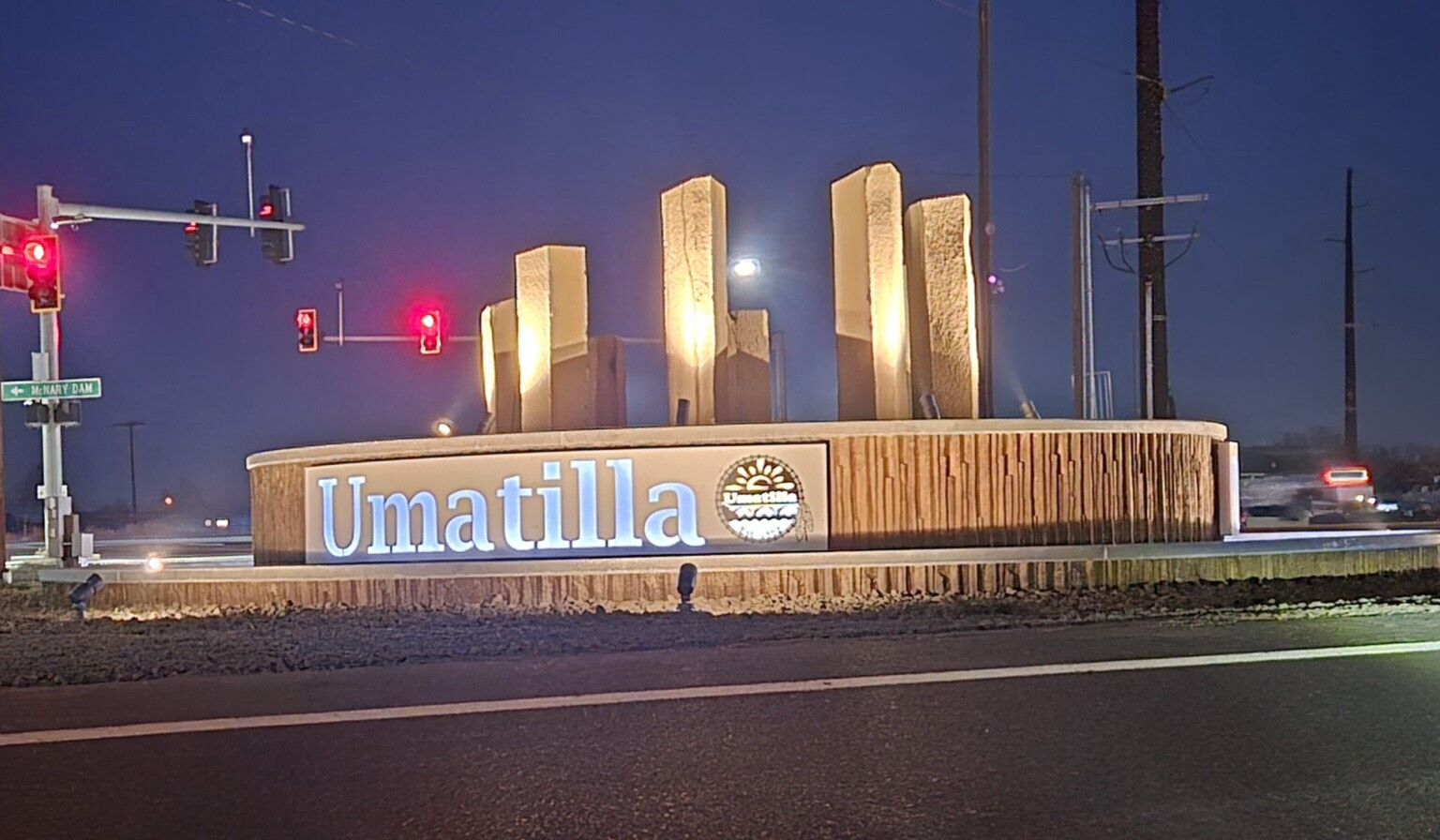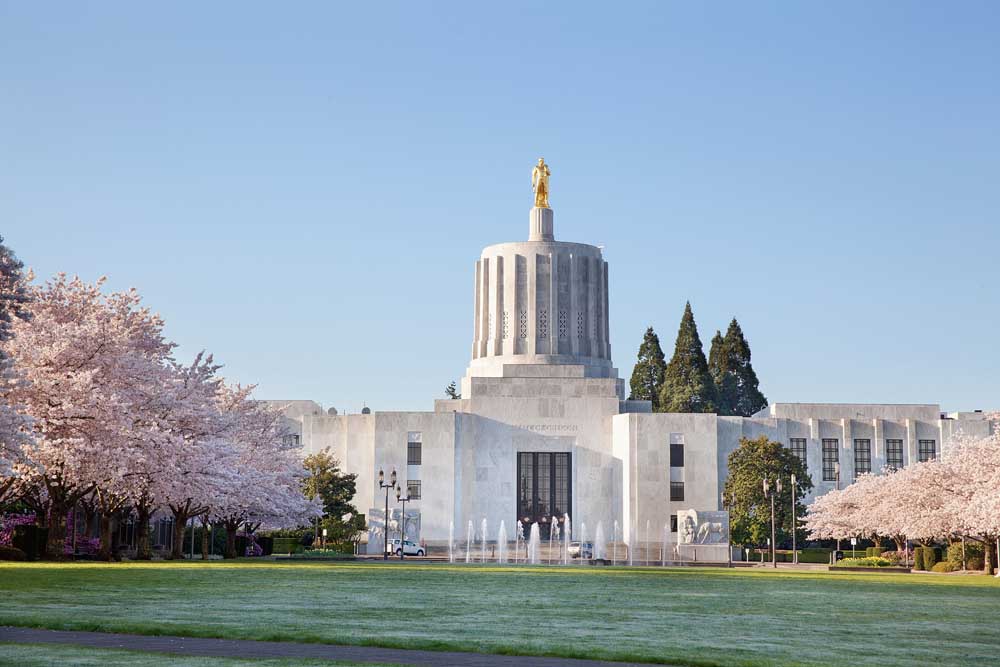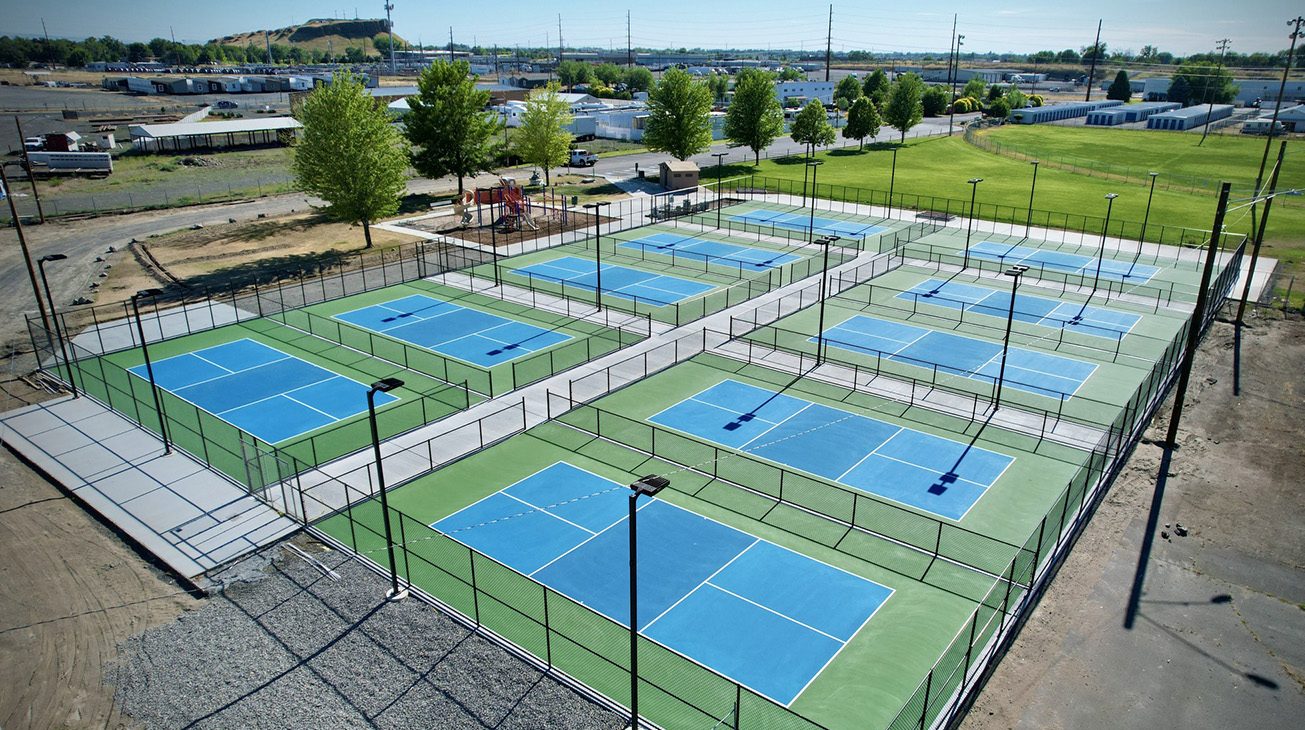Boise community center turned into antique tractor museum
Published 10:45 am Wednesday, November 22, 2017

- Sean Ellis/Capital Press Ron Bearden, a mechanic, stands next to a 1919 Avery Motor Cultivator, one of 50 antique tractors located at a community gathering place in downtown Boise. The tractors are a nod to Idaho's agricultural roots and some of them are the last of their kind, Bearden said.
BOISE — Fifty antique tractors displayed in and around the $70 million community center in downtown Boise are a nod to the state’s agricultural roots.
But they’re much more than that, said Rob Bearden, a mechanic who maintains them and provides tours of the tractors every Wednesday.
“These aren’t just a bunch of old tractors,” he said. “These are national treasures.”
The tractors are at Jack’s Urban Meeting Place, a recently opened community gathering center funded by the family of J.R. Simplot, who founded the J.R. Simplot Co., which produces frozen french fries and other agricultural products.
Simplot, who died in 2008, was known as Mr. Spud because of his role in putting Idaho potatoes on the map.
Bearden said farmers and other people from all over the nation and around the world have come to see the tractors, some of which are literally one of a kind or the last of their kind.
“We’ve got tractors here that you’re not gong to see anywhere else,” said Bearden, who is known around the JUMP facility as the “Tractor Doctor.”
“We’ve got the only ones,” he said slowly to emphasize the uniqueness of some of the tractors. “There aren’t any more.”
That includes Kerosene Annie, a 1909 Rumely prototype which was only sold once, to J.R. Simplot, and a 1912 Olmstead, a four-wheel-drive articulating tractor that is the only one left of 28 made.
Idaho Farm Bureau Federation public affairs representatives Jake Putnam and Steve Ritter were the last media members to interview Simplot.
Putnam remembers Simplot talking about his vision to create an agricultural museum with antique tractors and said it’s amazing to see that vision become reality.
“I never get tired of going by there and looking at those tractors,” he said. “It brings agriculture to an urban setting, which is where it should be.”
The tractors are among 110 that Simplot purchased in 1998 from an agricultural museum owned by Oscar Cooke, a Montana farmer who died in 1995.
Bearden said Cooke had the largest collection of tractors and farm implements in the world.
“J.R. bought the best of the best,” he said. “He bought the rarest, most unique and the most diverse, oddball tractors that were out there. The scope of this stuff is awe-inspiring.”
He said he’s learned a lot about many of the tractors from older farmers who visit the center.
“Every day’s a school day around here,” he said. “You’re constantly learning about this stuff.”
The tractors date from the 1890s to 1939.
Kathy O’Neill, JUMP’s community engagement director, told Capital Press in an email that Simplot was “an entrepreneur, a risk-taker, a man who followed his dreams and wanted the same for everyone he met. The tractors are great icons of the agricultural past that capture that innovative and resourceful spirit that will help lead us into the future.”
To sign up for a tractor tour, call (208) 639-6610 or email JUMP at tours@jumpboise.org





